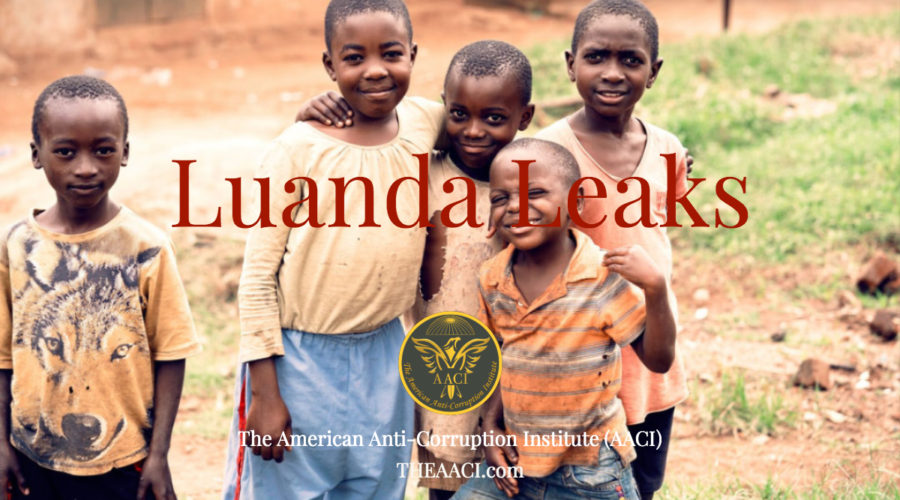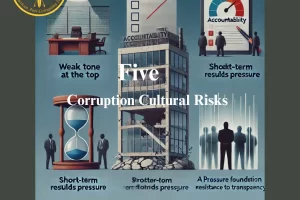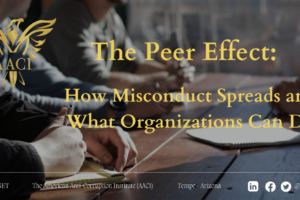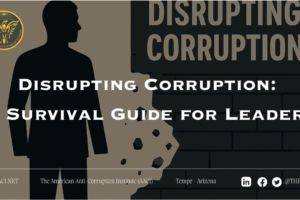January 20, 2020
Technical Staff
Luanda Leaks, an investigation by the Guardian and journalists in 20 countries led by the International Consortium of Investigative Journalists (ICIJ), suggests Isabel dos Santos benefited from extraordinary opportunities afforded to her by the government of her father, José Eduardo dos Santos, before he stood down as president in September 2017.
It is one of the biggest corruption scandals that are revealed in Africa. The key findings of Luanda leaks show unequivocally the extent to which corruption prevailed in Angola. It also shows the normal results of the absence of the rule of law, lack of independent judiciary, and the concentration of unaccountable power.
A 2012 report [note] 2012 Country Reports on Human Rights Practices: Angola, Bureau of Democracy, Human Rights and Labor, U.S. Department of State [/note] by the U.S. Department of State said the three most important human rights abuses were official corruption and impunity; limits on the freedoms of assembly, association, speech, and press; and cruel and excessive punishment, including reported cases of torture and beatings as well as unlawful killings by police and other security personnel.
A 2017 report by the U.S. Department of State [note] 2017 Country Reports on Human Rights Practices: Angola [/note] said although the law provides criminal penalties for corruption by officials, the government did not implement these laws effectively, and local and international NGOs and media sources reported officials engaged in corrupt practices with impunity.
Government corruption at all levels was widespread, and accountability was limited due to a lack of checks and balances, lack of institutional capacity, and a culture of impunity. There were some institutions within the government, however, working to improve transparency and accountability. The judiciary was subject to political influence and conflict of interest. Public prosecutions of corruption cases were rare under the dos Santos government.
As in previous years, there were credible reports government officials used their political positions to profit from business deals. The business environment continued to favor those connected to the government, including members of the president’s family.
Government ministers and other high-level officials commonly and openly owned interests in public and private companies regulated by, or doing business with, their respective ministries. There are laws and regulations regarding conflict of interest, but they were not enforced. Petty corruption among police, teachers, and other government employees was widespread. Police extorted money from citizens and refugees, and prison officials extorted money from family members of inmates.
The World Bank country profile figures and stats reflect on the conclusions reached for in the U.S. Department of State reports and what Luanda Leaks revealed.
Angola has the second-largest oil reserve in Africa and the fourth-largest diamond reserve in the world. Although the oil industry in Angola brings in a majority of the State’s revenue, two-thirds of the population live on less than $2 a day and do not see the benefits of the industry. [note] POVERTY IN ANGOLA: CAUSES, UPDATES AND STATISTICS [/note]











































